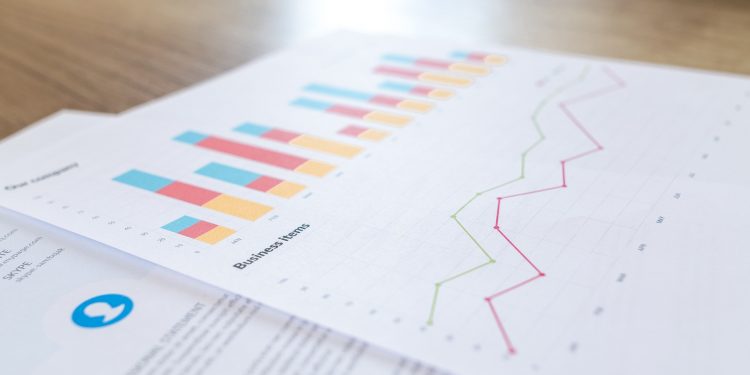From tech to education to healthcare, predictive analytics has infiltrated almost every industry. Most of the things we do leave a digital footprint, which contributes to a verifiable amount of data ripe for analyzing. Once the insights are available, they can be used to make very important business decisions.
One area of business that can be greatly improved with analytics is payments. In a Business Insider annual report, they state, “Payments is about transferring information from one party to another, and nearly every stakeholder in the industry benefits when that process runs on digital rails.” Whether it’s a product or a service that you provide, financial transactions are integral to any venture, with more and more companies moving to a mobile contactless platform. So, here’s how you can continue to grow your business through payments analytics.
Integrating different payment functions into one platform
There are many different ways that payment transactions are made digitally such as though credit, debit, or wire transfers. This can pose several challenges due to the complex and diversified platforms available. Analytics can help with the integration to one centralized platform. It can minimize errors and make it a more streamlined process.
Forecast transaction volumes
Forecasting sales and other financial transactions is vital to reaching targets. For instance, e-commerce platforms can look at a specific product and how it’s performing commercially. With this information, retailers can design their business so that customers will continue to purchase products that are not doing so well. In this case, you can consider offering schemes or promotions to increase sales to help reach targets. Trends can be predicted by looking at historical data which should be available via your payment transactions.
Fraud and risk management
CFO Innovation explains that data analytics can be applied to fraud detection and management, by looking at ‘anomalies or patterns that may be indicative of fraudulent activity’. It can also help create models that proactively identify and prevent risks concerning fraud and the security of your business.
Merchant analytics
Merchant analytics simply means using data analysis to improve commercial operations and increase customer brand loyalty. Payment providers can monetize the data by helping merchants understand their market and create more personalized loyalty campaigns. Merchants can regularly evaluate whether their rewards programs are effective in increasing the number of visits and purchases. There’s a lot of insights that can be gained from a digital invoice and merchants can optimize their profitability by understanding where to look.
Personalizing the payments experience
Online retail has become highly personalized except for one segment – payments. While everything else is designed to attend to a customer’s singular needs, payment transactions have remained the same. A study cited by Finextra shows how important it is for businesses to create a user-friendly checkout experience. Even small changes such as personally greeting each consumer, can make them feel valued, which ultimately influences their decision to remain loyal to a retailer or not.
The way payments and financial transactions are conducted could lead to significant growth for small businesses. However, many businesses that collect data are yet to understand how to leverage it. The findings from market intelligence firm IDC Research were shared by Maryville University, and they project that there will be 180 trillion gigabytes of data produced each year by 2025. In reality though, only a small fraction of stored data is actually analyzed and used efficiently. As we move more and more into a digital world, Payments Journal understands the necessity for data analytics in eliminating bottlenecks and risks that pose a threat to businesses, as well as taking advantage of the opportunities that arise.
For more useful insights regarding payments and growing your business, browse through our other posts or check out the Payments Journal podcasts.








